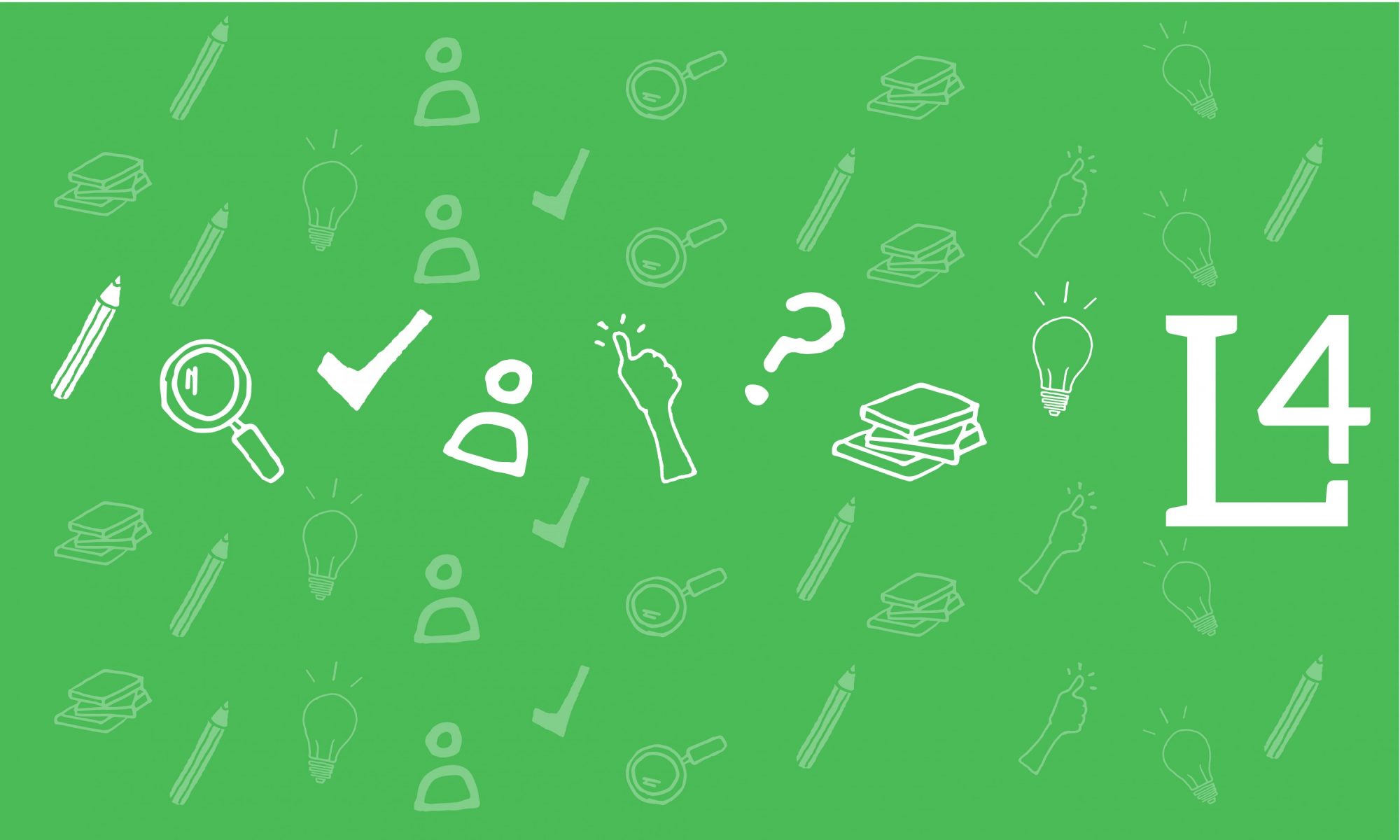Ultimatum Game & Dictator Game
Ahmed Elkhouly
Social Science/CityTech
MAcroeconomics
Activity Description: Provide a brief description of the activity
The activity is based on game theory and social psychology research, and is designed to focus players on how they think about issues involving fairness and trust and how they predict the behaviors of others. the activity has two phases. in the first phase, Dictator, some players simply make a decision about how much of a sum of money they wish to share with another. Here, the primary focus is on the Sharer who makes the decision—and holds all of the power. in the second phase, Ultimatum, some power shifts to the person on the receiving end. Here, the Sharer makes an offer; if the Receiver refuses the offer, neither player gets any money at all.
Each phase can be played in just a few minutes, with minimal materials and little setup time. it can work with groups of nearly any size.
Learning Goals: What do you aim to achieve with this activity?
“Reasoning about right and wrong human conduct”
Ethical self
– How much would you offer?
– What is the minimum would you accept?
Ethical issue recognition
– What ethical issue is this activity about?
– Where do your ideas of what is or isn’t fair come from?
Awareness
– Suppose the reward was bigger, how this will change your decision?
– Do you think fairness comes from our genes or is it something we learn?
Understanding different ethical perspectives
– Would you expect the kinds of offers made in the Ultimatum phase to be different from those in the Dictator phase?
– Do different groups or cultures have different definitions of “fairness”? can you give some examples to support your view?
Application of Ethical principles
– What exactly does it mean to be “fair” to others? Does it mean that you have to split the reward equally, or could an uneven split still be “fair”? is there some rule that determines what a “fair” offer is?
Timing: At what point in the lesson or semester do you use this activity? How much classroom time do you devote to it? How much out-of-class time is expected?
In the beginning of the semester
Two lectures will be devoted to this activity and the resulting discssions
Logistics: What preparation is needed for this activity? What instructions do you give students? Is the activity low-stakes, high-stakes, or something else?
1- Class will be divided in two groups
2- Random coin flip will determine which group will be proposers and which will be responders.
3- Instruction about the game: Proposers shall make an offer of any value the wish from the reward they have. If responders accept the offer, the split will happen. However, if responders rejected the offer, the reward will be withdrawn from the proposers and none of it will be given to anybody (neither the prosper nor the responder).
3- Each prospers receive a reward (say $10) to split. The offer shall be written on a blank paper (with a code number on the back) without names. Proposers shall write the code number in their notebook.
4- Responders receive the offers and make decisions. Reward shall be distributed according to instructions.
6- The game is repeated again using all the previous procedures except that proposers can be dictators. They can make any offer they want (abut splitting the reward), and responders have no choice.
Assessment: How do you assess this activity? What assessment measures do you use? Do you use a VALUE rubric? If not, how did you develop your rubric? Is your course part of the college-wide general education assessment initiative?
Using Ethical reasoning VALUE rubric
Reflection: How well did this activity work in your classroom? Would you repeat it? Why or why not? What challenges did you encounter, and how did you address them? What, if anything, would you change? What did students seem to enjoy about the activity?
Additional Information: Please share any additional comments and further documentation of the activity – e.g. assignment instructions, rubrics, examples of student work, etc. These can be links to pages or posts on the OpenLab.
Please share a helpful link to a pages or post on the OpenLab



